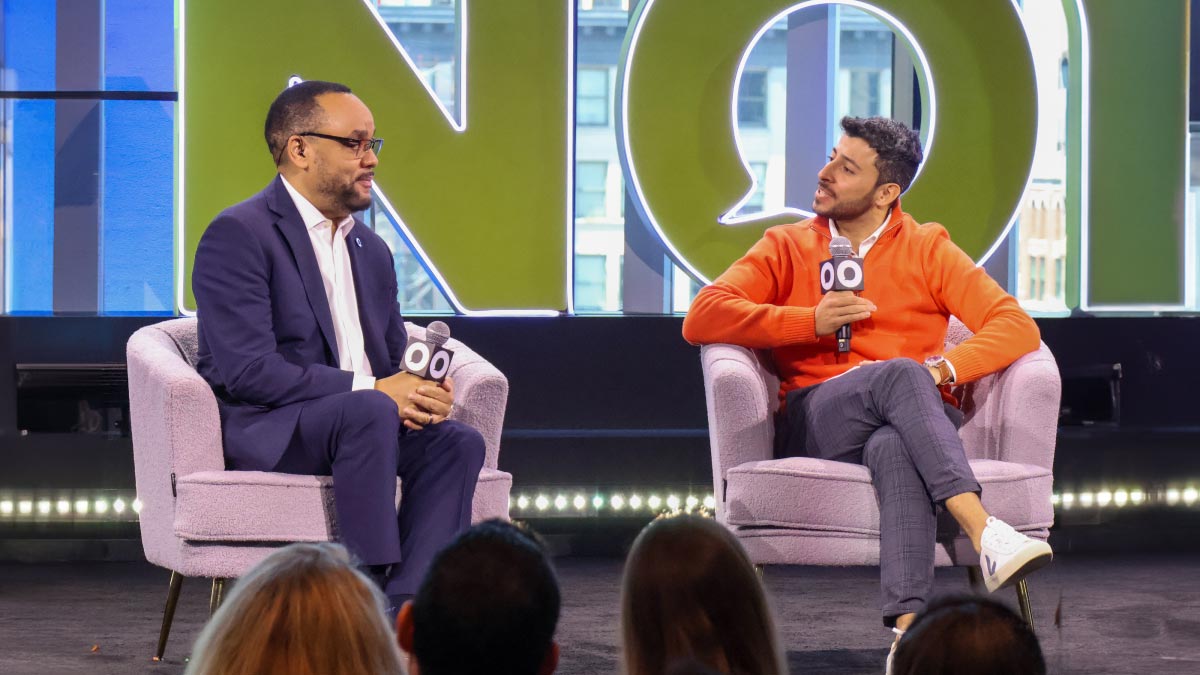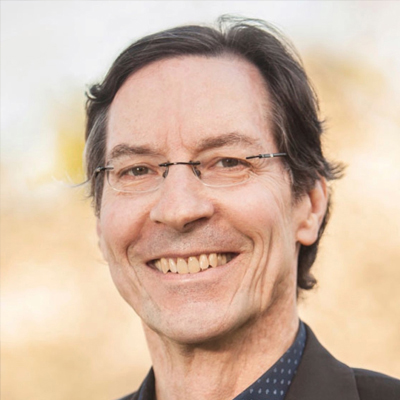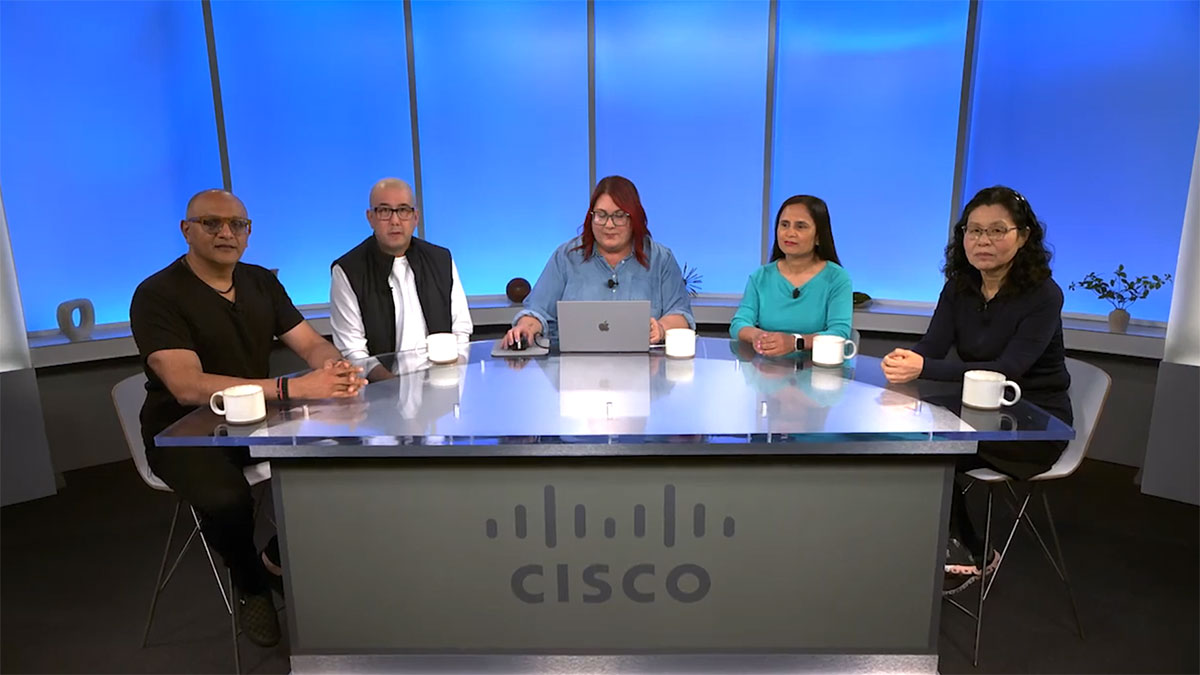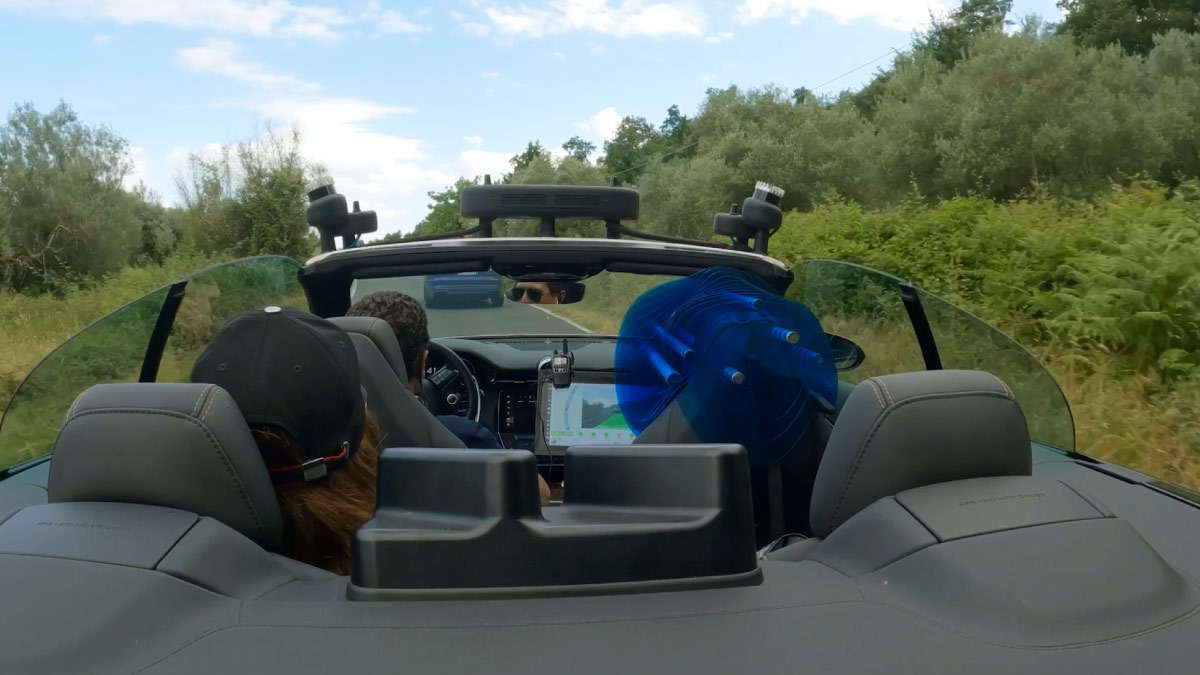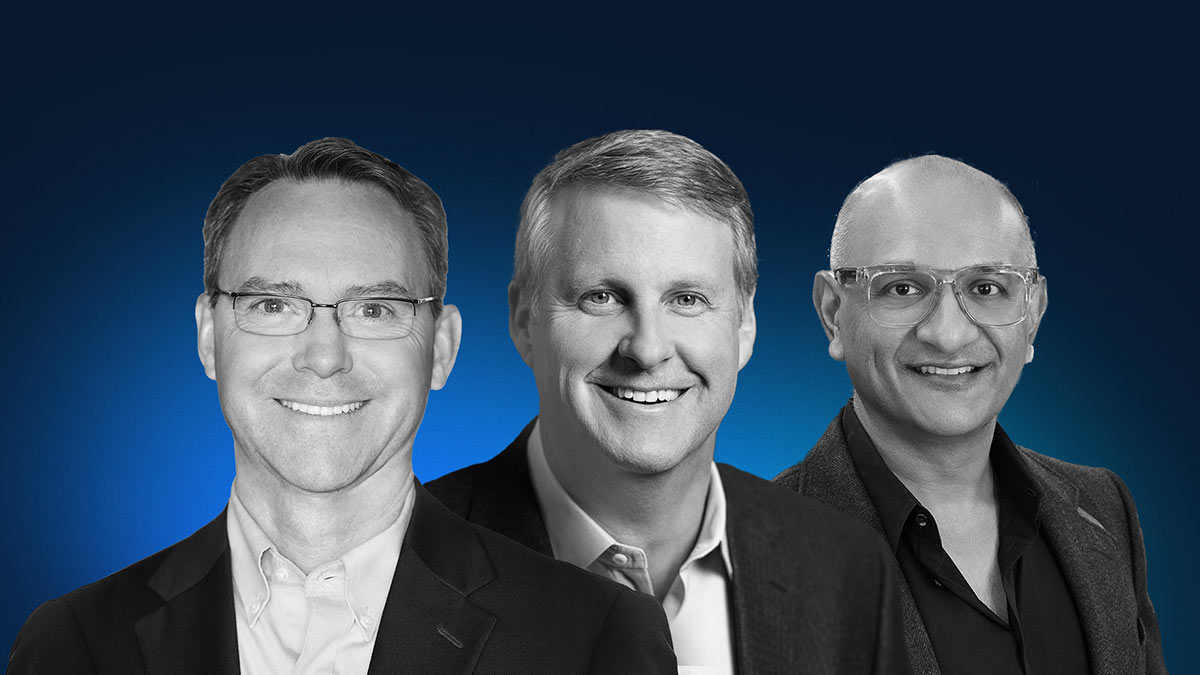In Bogota, as in so many places around the world, the effects of climate change are profound. And practical solutions, especially for fresh, drinkable water, are desperately needed.
“We have a scarcity of water, not only in vulnerable communities, but also in neighborhoods with all the resources,” said Ricardo Enrique Alba Torres, a recently graduated environmental engineer who is CEO and cofounder of Eko Group H2O+. “At my house it hasn’t rained in 55 days, and we don’t have water right now. Bogota is the biggest city in Colombia, 9 million people live there. So, climate change is a reality.”
The solution that Alba Torres created to capture, filter, and store rainwater is not just powerful, it’s also simple, sustainable, and circular. So much so, that he’s the recipient of this year’s Cisco Youth Leadership Award, which includes a $250,000 grant and was presented to him at a Global Citizen NOW Summit in New York this month.
“We look at hundreds of applications, and Ricardo’s stood out,” said Brian Tippens, Cisco senior vice president and chief social impact officer. “It’s a very innovative technology. He brought to bear his engineering background to come up with a solution to this big problem. He’s providing a resource through water purification and access, but he's also providing environmental sustainability by reusing plastics.”
What began as a high school science project 10 years ago has evolved into an expanded multi-option solution. Eko Group H2O+ has already reached 85,000 people in Columbia and Peru — a number that’s sure to grow given the scaling opportunities afforded by the Cisco award and the easy adoption of the technology.
“Our first prototype model is totally free for the community around the world,” Alba Torres explained. “We have a step-by-step manual in Spanish and in English that people can download and then convert the trash into an eco-solution. So, for that reason, it's super powerful.”
Tackling dual problems: clean water and plastic waste
As a teenager, Alba Torres became acutely aware of the dual challenges of water shortages and plastic waste. In his community, he’d see hundreds of PET (polyethylene terephthalate) water bottles destined for landfills. And he wondered if those bottles — and other plastic waste, like pipes — could be applied to water purification. With a little help from his father, an architect and science teacher, he devised the prototype of today’s technology, which combines vertical arrays of plastic bottles or tanks, gravity (which like plastic waste is free!), and carefully researched microfiber filters. With this solution, when it does rain, the valuable resource is captured and stored; when it doesn’t, there’s plenty in reserve.
“The idea was to collect the PET bottles from trash and develop an ecotechnology that provides a tank to harvest rainwater,” Alba Torres explained. “So, we can provide free drinkable water through an inverse osmosis process and help communities that actually don't have water.”
This highly flexible solution — including larger “urban furniture” eco-walls for community use — can use any number of bottles or tanks for a given situation.
“Our solution is very easy to build because it’s modular,” Alba Torres said. “So, you can install one or you can install 5, 10, 20; it depends on the space in your house, your organization, your school, or your community. And we install a dispenser that works with inverse osmosis, with a micro membrane in the filter through which passes only the H2O molecules. So, we can provide 99 percent drinkable water to poor communities.”
Supporting next-gen innovators
Since 2018, Cisco’s Youth Leadership Award, in collaboration with Global Citizen, has supported promising young innovators ages 18-30 who are driving positive change around the world.
“Cisco is deeply committed to the belief that the world needs innovators like Ricardo to lead the way in global problem solving," said Fran Katsoudas, Cisco’s executive vice president and chief people, policy, and purpose officer. "Through the creation of environmentally sustainable technology, Ricardo's solutions aim to address the water supply issues impacting thousands of lives across Latin America. We are honored to help accelerate his vital work as over two billion people are living with an inadequate water supply.”
Alba Torres is excited about the possibilities presented by the Cisco award.
“The Cisco Youth Leadership Award is a lifetime opportunity,” he said. “It's a very competitive award around the world with a lot of submissions. And to be selected as the first Latin American person to win the prize, we’re very proud. Because it is an important amount of money to invest in our solution. So that we can impact more people.”
Along with creating opportunities to scale across Latin America and the world, Cisco is helping Eko Group H2O+ install Internet of Things sensors into the water purification systems. That way Alba Torres and his team can collect data on factors like water capture and usage.
Tippens sees another key benefit from the prize, even beyond the $250,000 grant.
“I think even more important than the money is the ecosystem,” he said from the Global Citizen Summit. “If you're here at this event now, you'll see — and it doesn't stop here — that this award has provided Ricardo access to venture capitals, to fundings, to other organizations, to like-minded individuals to businesses, to potential customers. And so, he instantly has this ecosystem, this network of support that will continue to help him grow.”
For Alba Torres, growth (for now) means reaching 1 million people with access to fresh water by 2030.
Tippens, for one, has little doubt that he will reach that goal: “His energy is infectious. I'm sure he is going to get there.”
